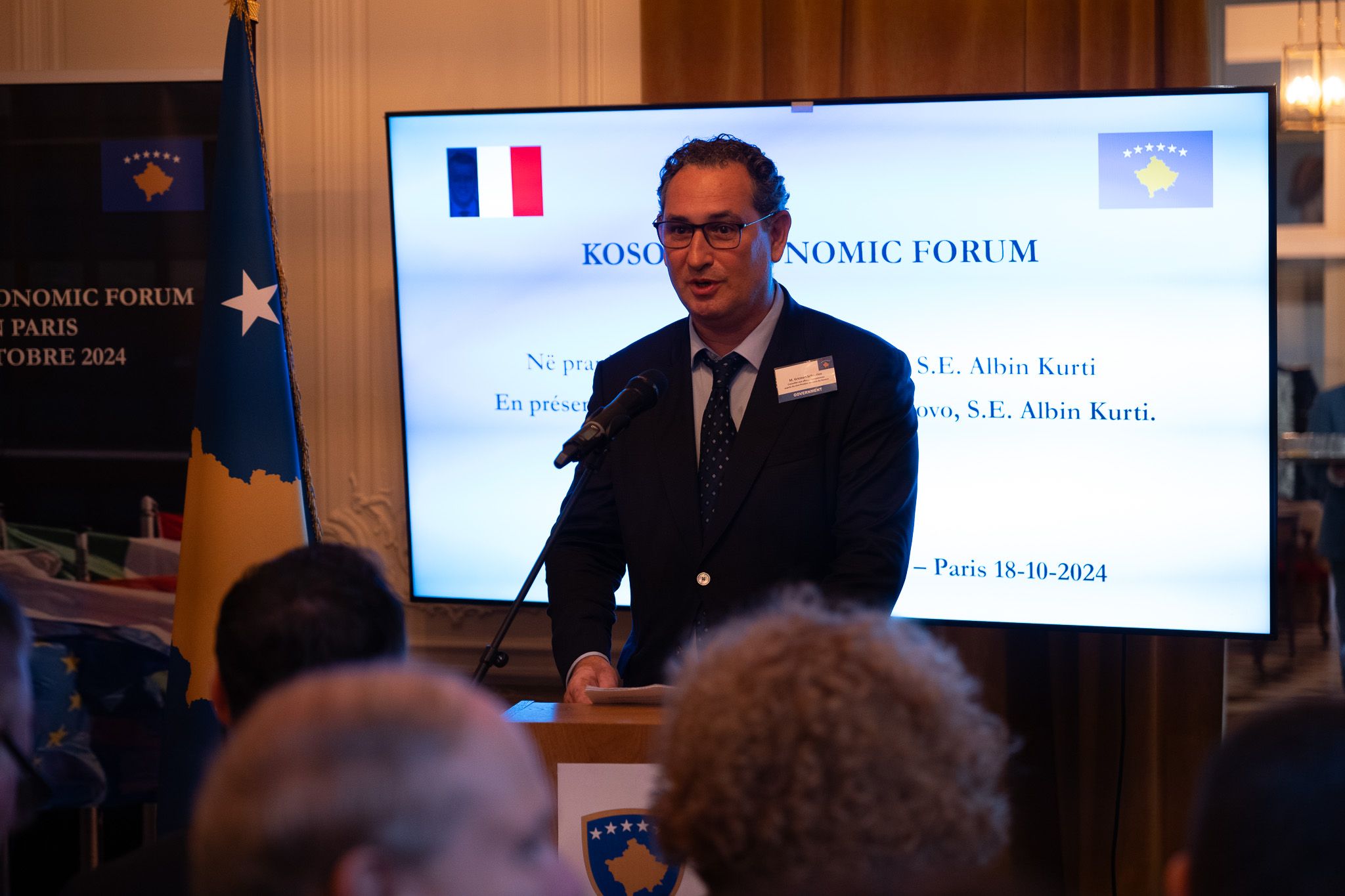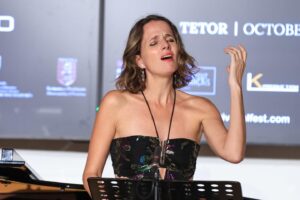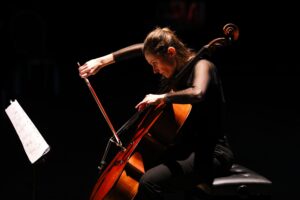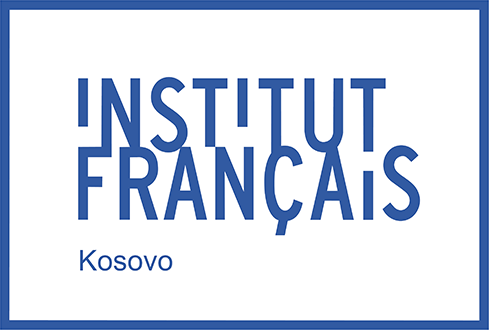
Sébastien Gricourt
- Posted by Communication
- Categories Interviews
- Date December 9, 2024
Can you introduce yourself?
My name is Sébastien Gricourt, and since 2021, I have been working for Expertise France, supporting the Deputy Prime Minister of Kosovo on matters related to European integration, development, and dialogue with Serbia—topics of great interest to France. I also collaborate with the Prime Minister on certain issues and with the Deputy Minister of the Interior on public administration reform. In simple terms, I serve as a bridge between France and Kosovo.
My background can be summarized by a transformative discovery during the summer of 1990, when I was 20 years old, and explored the Yugoslav region—particularly Kosovo—and Romania. This discovery led me to study the Albanian language at the Institut National des Langues et Civilisations Orientales (INALCO). I was later recruited by the International Committee of the Red Cross (ICRC) as an interpreter in Kosovo, a position I held from 1997 to 2002. During this time, I covered the Kosovo war and its humanitarian impacts, as well as the conflicts in the Preševo Valley and Macedonia.
In 2003, the French Ministry of Defense—Strategic Affairs Delegation—recruited me as a project officer to focus on Albania, Kosovo, and Macedonia, allowing me to work on forecasting and analyzing the region’s future.
In 2004, I worked as a long-term observer for elections in Macedonia, then again with the ICRC in northern Kosovo, and later as a political advisor for the French KFOR. At the beginning of 2005, I joined the Prime Minister’s office as a liaison officer for the head of the UNMIK office. Thus, during Kosovo’s declaration of independence, I was in the Prime Minister’s office, more precisely with his Secretary-General.
After briefly returning to KFOR in 2009 as deputy political advisor to its staff, the Ministry of Defense assigned me to a one-year NATO mission in Kabul. I then returned to France, and worked for 10 years at the headquarters of the Socialist Party, focusing on international, European, and defense matters, while also serving as a reservist for the Ministry of Defense.
What was your first connection with Kosovo?
I belong to the generation that was deeply impacted in high school by the fall of the Berlin Wall. For us, Eastern Europe was a discovery. At that time, Albania was the only closed-off country in the region, and it intrigued me and a friend. We began researching the country and, looking at a map, decided to travel there. In July 1990, three of us set off by train, arriving in Kosovo with the idea of entering Albania.
Our first encounter with Kosovo happened under a curfew, during the Apartheid-like regime that was already taking root. As an Amnesty International activist, I was familiar with human rights situations worldwide, but not with Yugoslavia, which struck me as a massive political prison with a majority of Albanians inside. The discovery of this reality left a deep impression on me and inspired me to learn the Albanian language, driven by a commitment to fundamental human rights.
Then, in 1991, the dictatorship in Albania fell, and in the summer of 1992, I made my first visit there. I got to know the place and moved in that fall, staying with a family in Albania. I slept in their living room and remember eating a lot of bureks and beans—there wasn’t much available during that chaotic transition period.
Why did you decide to return to Kosovo in 2021?
My commitment to the Balkans continues today through my work on European integration. For me, this is a crucial issue because it is both a national priority that the President of the French Republic has chosen to reinvest in—hence the creation of my position and others in the region—and the only viable solution for stabilizing the region. Without this agenda, I fear the nature of alternative agendas that could re-emerge.
My decision to return was also inspired by the wind of change brought by the current political leadership. I believe the region faces challenges in dealing with its past. I want to trust the new generation that did not experience that period directly and that views the region differently, without resentment or prejudice.
Additionally, I want to improve French public awareness of the Balkans. In 2018, I founded the Balkan Observatory at the Jean Jaurès Foundation, which allowed me to establish various connections. This is a way to democratize the debate around the Balkans and to reassure people about the integration of the region. This sharing of knowledge is essential because, at the moment, those who speak the most about the Balkans are far-right groups, often spreading disinformation. My fight is also against this disinformation, aiming to change perceptions and bring European peoples closer together.
Would you like to share an anecdote with us?
I decided to learn Albanian during summer 1990. At that time, we had been expelled from Kosovo, and the police put us on a bus to leave the country. However, we got off the bus well before reaching Prizren and set up our tents by the Drin River. We didn’t have much to eat, but it didn’t matter. What we really needed was water.
I spotted a small house on a hill and decided to go get some. I knocked on the door, and a man came out—he had a stern look, wearing a plis, and an imposing mustache, the epitome of the traditional Albanian image. He filled my water bottle, and I said, “Faleminderit,” one of the few words I had learned in those three days. He broke into a big smile—it made him happy.
That moment stuck with me, and it was one of the reasons I decided to learn Albanian. I felt that this language would bring me back here, open the road that was being denied to me, and allow me to connect with the destiny of this people.
You may also like

Chef Christophe and Nathalie Richard-Vitton

Albane Carrère

